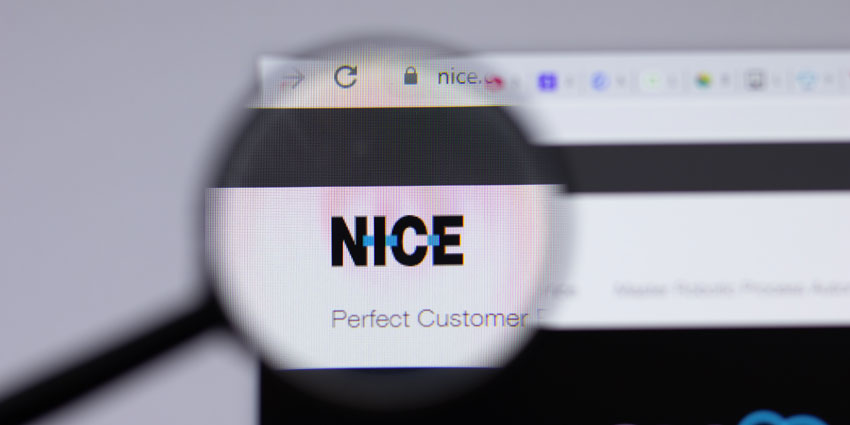It is two steps forward and one step back for Microsoft as amid all the news of it gaining big new clients for its suite, an announcement that a German municipality is dropping Teams and its associated suite has put it on the back foot.
The Schleswig-Holstein region of Germany has announced it will move to an open source alternative for its administrative needs.
This is a blow for the company that has entrenched itself in the operations of public sector giants like the UK’s National Health Service (NHS).
Although it’s not as huge a loss as it could be – Schleswig-Holstein is the second smallest province in Germany – the move may echo a broader trend by public services as they seek to leave dominant forces for more open-source solutions.
Schleswig-Holstein’s Pivot Away From Microsoft
In less than three months’ time, almost every civil servant, police officer or judge in Schleswig-Holstein will stop using Microsoft’s programs at work.
Citing the move, the state’s Digitalization Minister, Dirk Schroedter, told AFP that the state will turn to open-source software to “take back control” over data storage and ensure “digital sovereignty”.
“We’re done with Teams!”
He said, referring to Microsoft’s UC solution.
This will affect half of 60,000 public servants, with 30,000 or so teachers due to follow suit in the coming years.
The state’s shift towards open-source software began last year, with the first phase involving the ending use of Word and Excel software, which LibreOffice is replacing, while Open-Xchange will replace Outlook for emails and calendars.
Over the next few years, there will also be a switch to the Linux operating system in order to complete the move away from Windows.
Data Sovereignty and Microsoft Dominance
Following the election of Donald Trump in the US, relations between EU and America have cooled.
As a result, there is growing sentiment among public sector organizations to wrangle back control.
This is exemplified by the fact that many US companies may be forced to comply with laws that contradict those in the EU.
For instance, after the EU-based International Criminal Court (ICC) issued arrest warrants for Israeli Prime Minister Benjamin Netanyahu for war crimes, President Donald Trump issued ICC sanctions. This order reportedly saw Microsoft lock the ICC’s Chief Prosecutor, Karim Khan, out of his email accounts.
Microsoft denied this was the case but failed to explain further how the email disconnection occurred.
The issue of the power wielded by American tech titans like Microsoft has thrown into focus the idea of data sovereignty.
“The geopolitical developments of the past few months have strengthened interest in the path that we’ve taken,”
Schroedter said.
“The war in Ukraine revealed our energy dependencies, and now we see there are also digital dependencies.”
The Schleswig-Holstein government reportedly intends to move its data storage to a cloud platform outside Microsoft’s control, with a preference to use publicly owned German digital infrastructure instead of an American provider.
But beyond any political posturing or compliance moves, many organizations may be turning away from Microsoft due to the cost of maintaining the systems.
Not only have Microsoft eliminated a number of other licensing alternatives in a push to subscription only, but they have bundled its AI Copilot into the Microsoft 365 package and whacked an increased price tag on it.
Schleswig-Holstein reportedly believes that its move away from Microsoft will eventually save it tens of millions of euros.
Is a Mass Migration From Microsoft Underway?
Far from being an isolated incident, the effects of the issues mentioned above are rippling across local governments in Europe.
Denmark is on a crusade to remove Microsoft’s suite at not only a provincial level but at a national level too.
Minister of Digitalization, Caroline Stage, has announced that the Danish government will start moving away from Microsoft Office to LibreOffice, with the country’s Minister of Emergency Situations, Torsten Schack Pedersen, telling companies to “create exit plans for the use of cloud services”.
This coincided with the announcement that two of Denmark’s biggest municipalities – Copenhagen and Aarhus – are ending their use of Microsoft systems.
Copenhagen’s Microsoft software bill soared from 313 million ($49 million) Danish kroner in 2018 to 538 million ($83 million) – a 72% increase in five years.
Although these are the most clear cut examples of countries and local governments moving away from Microsoft to open source solutions, murmurings on the issue of data sovereignty have been appearing in earnest everywhere from The Netherlands to Sweden.
Open Source: Microsoft’s Biggest Public Sector Contender?
The migration away from Microsoft’s suite by some European public sector organizations is a multi-faceted issue.
Costs make up one issue, but the far more intangible issue is a shifting mindset among EU nations.
As Schleswig-Holstein and Denmark demonstrate, the combination of escalating licensing costs, geopolitical tensions, and data sovereignty concerns has created a perfect storm that’s driving public entities to reconsider their dependence on American tech giants.
With open-source alternatives like LibreOffice and Linux offer not just immediate cost savings, but more data sovereignty, the plans are open for a migration.
Although only a few countries and municipalities are currently involved, any further geopolitical push may turn this public service pivot into a mass migration away from Microsoft.







